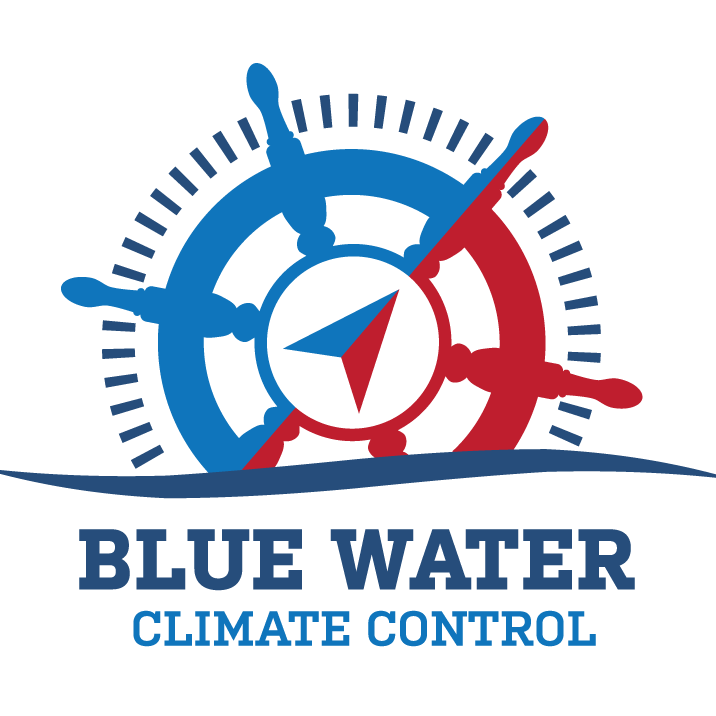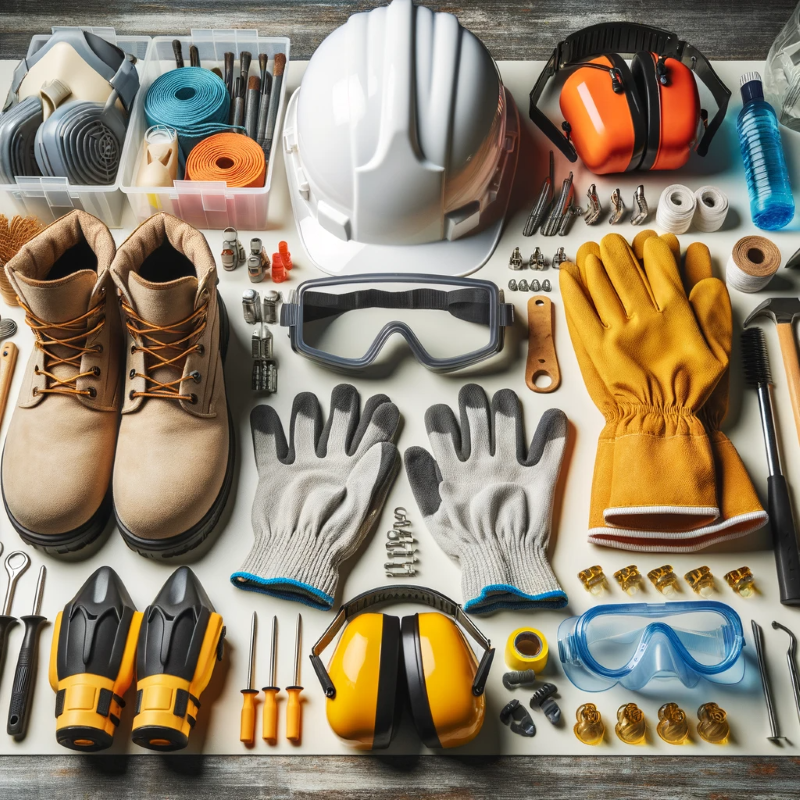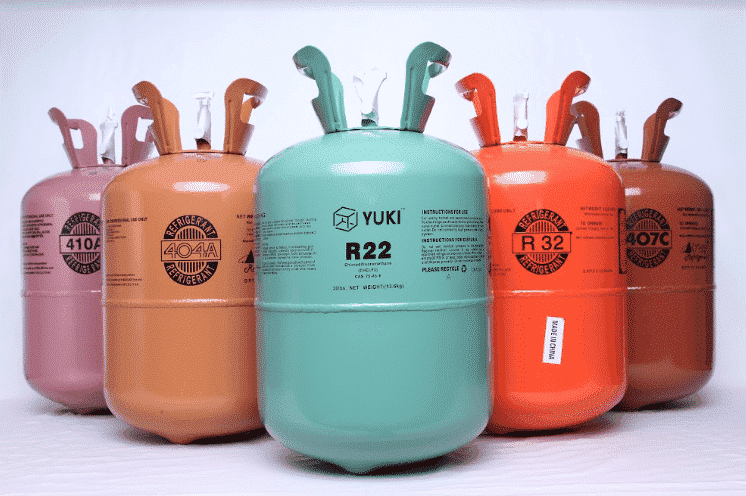Staying Safe: Essential HVAC Safety Tips for Technicians and Homeowners
Introduction
In the world of Heating, Ventilation, and Air Conditioning (HVAC), the safety of both homeowners and the HVAC technicians who service these systems is paramount. Every year, numerous accidents related to HVAC systems occur due to negligence, lack of awareness, or failure to adhere to safety protocols. This blog post aims to shed light on the necessary precautions and safety measures that should be taken by both HVAC technicians and homeowners to ensure a safe and efficient environment when dealing with HVAC systems, particularly air conditioning units. From understanding the risks associated with electrical equipment to adopting chemical safety measures, we'll cover the essential aspects that contribute to a safe HVAC business and service.
Understanding HVAC Systems
Before diving into the safety specifics, both homeowners and HVAC technicians must have a basic understanding of HVAC systems. These systems are designed to provide thermal comfort and acceptable indoor air quality. They are complex assemblies that involve various components such as electrical wiring, refrigerants, and combustible fuels. For HVAC technicians, a deep understanding of these components is necessary to ensure they can identify potential hazards and take appropriate safety measures.
Regular maintenance of these systems is not only vital for efficiency and longevity but also for safety. Faulty electrical connections, worn-out components, or leaking gases can pose serious risks. For homeowners, recognizing the signs of a malfunctioning system is the first step in preventing accidents. Regular inspections by a qualified HVAC technician can catch issues before they escalate into dangerous situations.
Safety Tips for HVAC Technicians
Safety in the HVAC field is multifaceted, encompassing everything from electrical safety to chemical handling. HVAC technicians often work with complex electrical equipment, which means they need to be well-versed in electrical safety. This includes understanding how to safely handle electrical wiring and components, as well as being aware of the potential dangers of working with live electricity. Technicians should always use the appropriate safety gear, such as gloves and eye protection, and ensure all power sources are properly shut off before beginning any repair or maintenance work.
Chemical safety is another critical area, especially when dealing with refrigerants used in air conditioning systems. HVAC technicians must follow proper handling, storage, and disposal procedures for these substances to prevent exposure and environmental harm. Training in proper ventilation, leak detection, and first aid for exposure is crucial.
Apart from chemical and electrical safety, general safety precautions are also necessary. This includes using the right tools for the job, following correct procedures for lifting and moving heavy equipment, and never taking shortcuts that compromise safety. HVAC techs should be provided with, and diligently use, necessary safety gear like hard hats, safety glasses, and proper footwear to protect against common on-site hazards.
In the next sections, we'll delve deeper into specific safety areas, including homeowner tips for air conditioning safety, detailed electrical and chemical safety protocols, and the importance of ongoing education and certification for HVAC technicians. By adhering to these guidelines, those working in the HVAC business can ensure a safe working environment for themselves and their clients.
Air Conditioning Safety for Homeowners
Safety concerning the HVAC system in your home, particularly the air conditioning unit, is not just the responsibility of your technician; as a homeowner, you have a role to play too. First and foremost, exercise caution when inspecting or cleaning your unit. Before performing any basic maintenance like changing filters or cleaning external components, ensure the system is turned off to avoid electric shock. When using cleaning liquids or other chemicals, read instructions carefully to avoid any reactions that could cause bodily harm. If your system uses older cooling systems that involve hazardous chemicals, it's best to leave maintenance and repairs to the professionals equipped with the correct shield, respirator, earplugs, and other necessary safety gear.
Be aware of the temperatures your system is operating under. HVAC systems, particularly air conditioning units, can reach extreme temperatures and pressure levels. A vacuum gauge can be a handy tool for homeowners to monitor their system's pressure and ensure it's operating within safe levels. However, if you're unsure about any readings or notice any irregularities, it's crucial to contact a professional HVAC technician to assess the situation.
Chemical Safety: Refrigerants and Other Substances
Chemical safety is a significant aspect of HVAC maintenance and repair, especially for technicians. Refrigerants, which are vital for the operation of air conditioning and cooling systems, can be hazardous if not handled correctly. HVAC technicians are often required to handle these substances and must do so with great care. The appropriate safety gear, such as gloves, goggles, and a shield respirator, is non-negotiable when handling these chemicals.
Technicians should be well-trained in the use of tools like refrigerant recovery machines and vacuum gauges, which help in safely removing and measuring refrigerant levels. They should also be aware of the legal and environmental regulations surrounding the disposal of these chemicals. Proper ventilation is crucial when working with any chemical to prevent inhalation of fumes that can cause bodily harm.
For homeowners, it's important to recognize that any issue relating to refrigerants or other hazardous chemicals within your HVAC system is a job for a professional. Tampering with these substances without proper training and equipment can lead to serious health risks and legal consequences.
Emergency Procedures and First Aid
Even with all the necessary precautions in place, accidents can happen. Both HVAC technicians and homeowners should be prepared to respond to emergencies promptly and effectively. For technicians working on job sites, knowing the location of the first aid kit and how to use its contents is crucial. Basic first aid knowledge, including how to treat burns, cuts, and symptoms of chemical exposure, can mitigate the severity of injuries until professional medical help is available.
In the case of electric shock, it's vital to know how to safely disconnect the victim from the source of electricity and perform CPR if necessary. Both technicians and homeowners should be aware of the signs of heat exhaustion and heatstroke, as working with HVAC systems, especially in the summer months, often involves exposure to extreme temperatures.
Emergency preparedness also involves having a plan in place. Technicians should be aware of their company's emergency procedures, and homeowners should know how to quickly shut off their HVAC system and who to call in case of a malfunction that poses a risk. By being prepared and knowledgeable about these emergency procedures, HVAC technicians and homeowners can ensure a quick and effective response to potentially dangerous situations.
Training and Certification for HVAC Technicians
HVAC safety isn't just about wearing the right gear and following procedures; it's also about having the proper knowledge and training to anticipate and mitigate risks. For an HVAC tech, obtaining training and certification is not just a career boost—it's a critical aspect of ensuring personal and client safety. Certified technicians are educated in the latest safety protocols and HVAC technologies, including the handling of gas cylinders, the correct use of wire strippers, and the identification of water leaks that could pose a risk of electric shock.
In addition to formal training, HVAC technicians should be familiar with the specific safety guidelines and tag procedures for their job site. This includes understanding how to ensure that all equipment is in proper working order before use and knowing how to tag out machinery that is under repair or maintenance for extended periods. Regularly attending safety seminars and refresher courses can help even the most experienced technicians stay up to date with the latest safety practices and regulations.
Creating a Safe Working Environment
Creating a safe working environment is a shared responsibility between HVAC technicians and the management of the HVAC business. Every job site should be equipped with the proper equipment and safety signs to remind and enforce the rules. For instance, technicians should always wear slip-resistant shoes to prevent falls, especially when working in areas prone to water leaks or spills.
It's also crucial for technicians to follow signage and take extra precautions when working in potentially hazardous conditions. Double-checking that all tools and equipment are in proper working order before beginning a job can prevent many accidents. Likewise, proper storage and handling of tools and materials, like gas cylinders, not only keep the job site tidy but also minimize the risk of accidents.
For management, investing in regular safety training and ensuring that all technicians are up to date with their certifications can cultivate a culture of safety. Encouraging technicians to take the time they need to complete their work safely, rather than rushing to meet demanding schedules, is also essential. By prioritizing safety over speed, HVAC businesses can reduce the incidence of accidents and injuries, creating a safer environment for everyone involved.
Legal and Regulatory Considerations
Staying informed about the legal and regulatory aspects is an important aspect of ensuring HVAC safety for both employers and employees. For those entering a new career in the heating and air industry, it's crucial to understand the Occupational Safety and Health Administration (OSHA) guidelines and other local regulations that govern safe practices. These rules are in place to protect employees, especially those who work long hours under potentially hazardous conditions.
Employers must ensure that their business complies with these regulations and that all employees, from seasoned technicians to those just starting their HVAC career, are trained in and adhere to these standards. This includes regular safety audits, maintaining records of accidents and safety training, and ensuring that all safety equipment is up to date and in good working order. Encouraging a workplace culture where employees double-check their equipment and the safety of their environment can significantly reduce the risk of accidents and injuries.
Conclusion
As we've explored, HVAC safety is a multi-faceted issue that requires attention and diligence from both technicians and homeowners. For those in the industry, whether just starting a new career or with years of experience, staying informed about and compliant with safety regulations is crucial. Regular training, the right equipment, and a commitment to safety can prevent accidents and ensure that everyone stays safe.
For homeowners, understanding the basics of your heating and air system, recognizing when to call a professional, and taking basic precautions can help keep your home safe. Remember, when it comes to HVAC systems, always err on the side of caution and professional advice.
In the end, whether you're spending long hours on a job site or managing your home's HVAC system, the key takeaway is to always prioritize safety. By taking the time to double-check your work, adhere to safety protocols, and stay educated on best practices, you can ensure a safe and efficient environment for everyone involved. Stay safe and take pride in knowing that you're upholding the highest standards of HVAC safety.
Frequently Asked Questions (FAQs) about HVAC Safety
Q1: Why is HVAC safety important for homeowners?
A1: HVAC safety is crucial for homeowners to prevent accidents, ensure efficient system operation, and avoid costly repairs. Understanding basic safety measures helps in recognizing potential hazards and when to call a professional.
Q2: What are the most common risks faced by HVAC technicians?
A2: HVAC technicians often encounter risks like electric shock, exposure to hazardous chemicals (such as refrigerants), and injuries from handling heavy equipment or working at heights. Following safety protocols is essential to minimize these risks.




